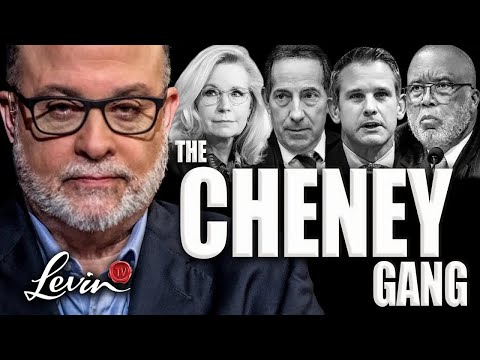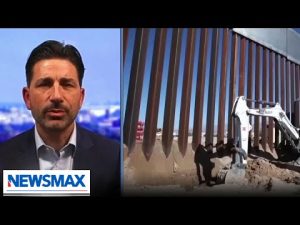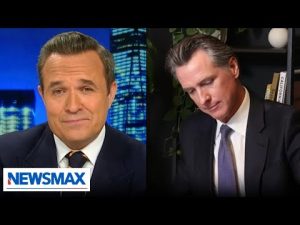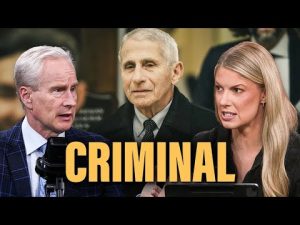**Unraveling the January 6 Committee’s Actions: A Case for Accountability**
In a whirlwind of allegations and suggested cover-ups, the actions of the January 6 Committee have come under intense scrutiny. With the Democrats’ control dwindling just before they handed the reins to Republicans, many believe they took drastic measures, including the destruction of records that could have altered the narrative surrounding the events of that fateful day. It has raised eyebrows and questions: Who ordered these records destroyed, and what else was hidden in those mountains of data?
Critics of the committee, including prominent conservative voices, assert that these actions closely resemble what one might expect from a government trying to manage a less-than-favorable story. The claim is that the destruction of crucial evidence is tantamount to obstruction, especially as it relates to a criminal investigation into former President Donald Trump. The implication here is that if vital information that could exonerate Trump is indeed missing, then it could potentially lead to criminal charges not just against Trump, but also against those who have steered this politically charged investigation.
The controversial committee, dubbed by some as a “political weapon,” has been spotlighted for recommending prosecution against Trump while simultaneously curating the evidence they wanted to present. Witness testimonies that could have painted a more complex picture of January 6 were reportedly downplayed or even discarded. In fact, critics highlight that the committee appointed two Republicans who were noted for their criticism of Trump, raising further questions about bias and intent. Were they motivated by political pressure or a genuine inquiry into what happened that day?
Additionally, claims surrounding witness tampering have emerged, indicating that some members may have crossed a line that separates legitimate congressional duties from acts of influencing criminal investigations. As the investigation continues to unfold, this calls into question the protections afforded to Congress members under the speech and debate clause of the Constitution. Attorneys and legal experts are now looking into whether these individuals acted within their rights, or if they overstepped into uncharted waters by involving the Department of Justice in ways that may infringe upon the law.
The aftermath of these revelations leaves many conservatives demanding accountability not only from the January 6 Committee but also from the Democrats overall for their actions leading up to the transition of power. With more claims surfacing and a report released by a Republican-controlled subcommittee pointing to potential legal violations by committee members, the call for a thorough investigation grows louder. They argue that failing to act would set a precedent that could encourage more political maneuvering and less accountability among elected officials.
In the end, whether these assertions hold any merit or simply serve as another round in the political blame game remains to be seen. However, what’s clear is that the January 6 Committee’s legacy will likely be defined not just by the events of that day but also by how its members handled the evidence and the narratives constructed in the process. As the nation watches, the unfolding drama around this investigation may bring more twists and turns than anyone could have anticipated. So, hold on tight—it looks like the story is far from over!



